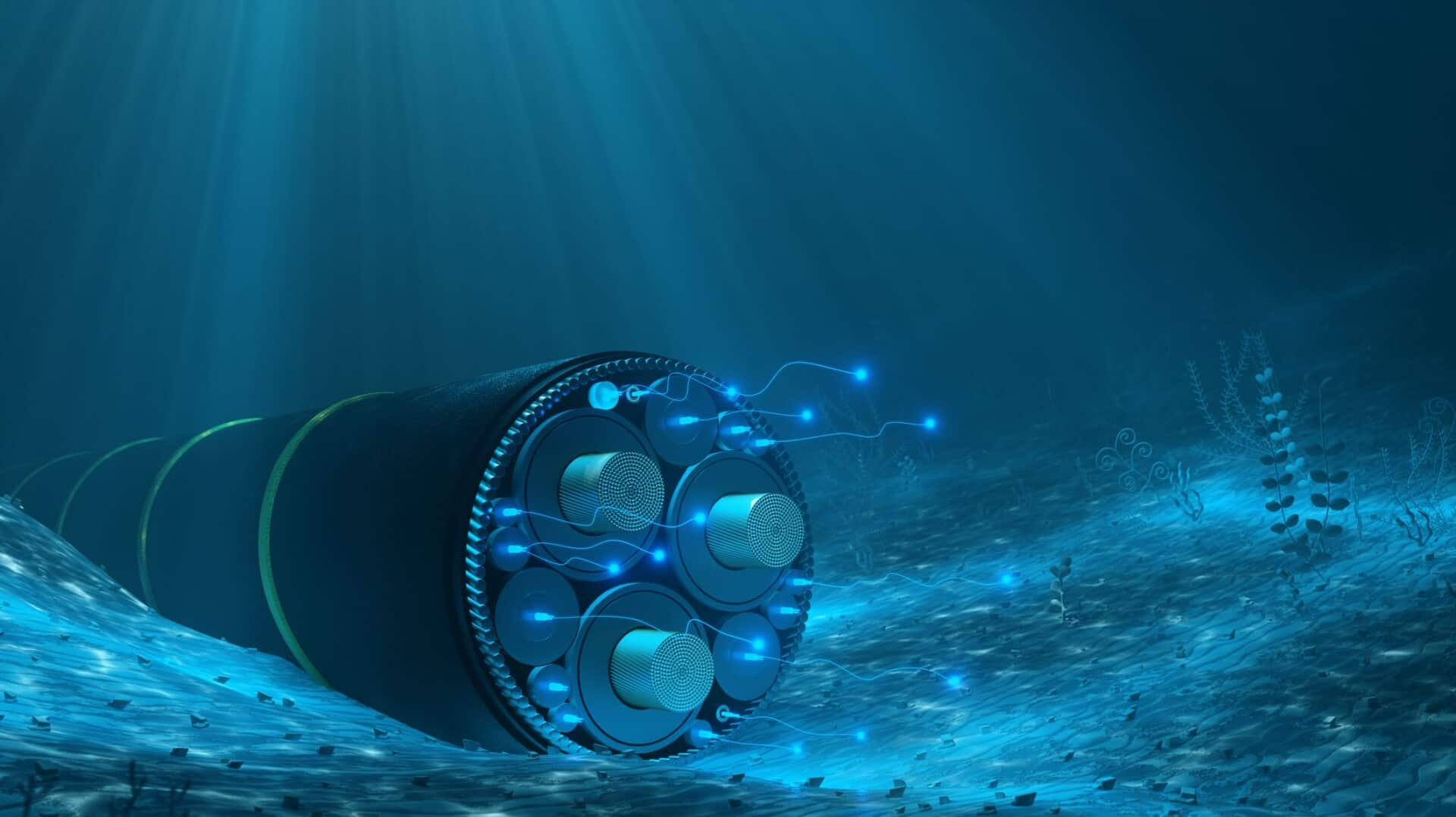
US, China are battling over underwater cables that power internet
What's the story
The technological tensions between US and China have now extended to the underwater cables that power the global internet. This shift comes in the wake of increased public awareness about submarine cables, which was triggered when four out of 15 critical cables in the Red Sea were cut following attacks by Houthi rebels on Israeli, US, and UK ships. These subsea cables, buried deep underwater, span nearly 1.4 million kilometers and are crucial for global data traffic.
Data surge
Surge in data traffic fuels growth of submarine cables
According to telecom market research firm TeleGeometry, there are currently 574 active and planned submarine cables worldwide. This number is projected to rise due to the increasing demand for data traffic, which is being driven by video streaming and cloud services. Andy Champagne, CTO of Akamai Labs, underscored the importance of these cables, stating, "If you have e-mailed, texted, or video chatted with someone on another continent, you've used a subsea cable — likely without giving it a second thought."
Investment boom
Tech giants invest in subsea cables amid security concerns
Subsea cables, traditionally owned by telecom carriers, have attracted investments from US tech giants like Meta, Google, Microsoft, and Amazon. In 2021, Meta and Google announced plans for two large subsea cables that would link the US West Coast to Singapore and Indonesia. Joe Vaccaro, VP and GM of ThousandEyes, highlighted the impact of disruptions to cables: "Individual people like you and I...find is that the application we're trying to access all of a sudden became really slow or unavailable."
Security fears
China's involvement in subsea cables raises international tensions
In May, The Wall Street Journal reported that US officials had warned tech firms, about possible spying by Chinese repair ships on undersea cables in the Pacific region. S.B. Submarine Systems, a state-controlled Chinese company that repairs international cables, was reported to be concealing its vessels' locations from radio and satellite tracking systems. China's involvement in subsea cables has also caused friction with Estonia, which suspects a Chinese ship of severing two of its subsea cables.
Measures
Steps taken by the US government
A Reuters report in 2023, revealed that an interagency committee called Team Telecom was working to prevent any subsea cable from directly connecting US territory with mainland China or Hong Kong. These underwater cables have become central points of vulnerability, as they link entire parts of the world and affect massive portions of internet infrastructure. Champagne said, "The loss of a single subsea cable can have a domino effect on the land-based networks that depend on it."